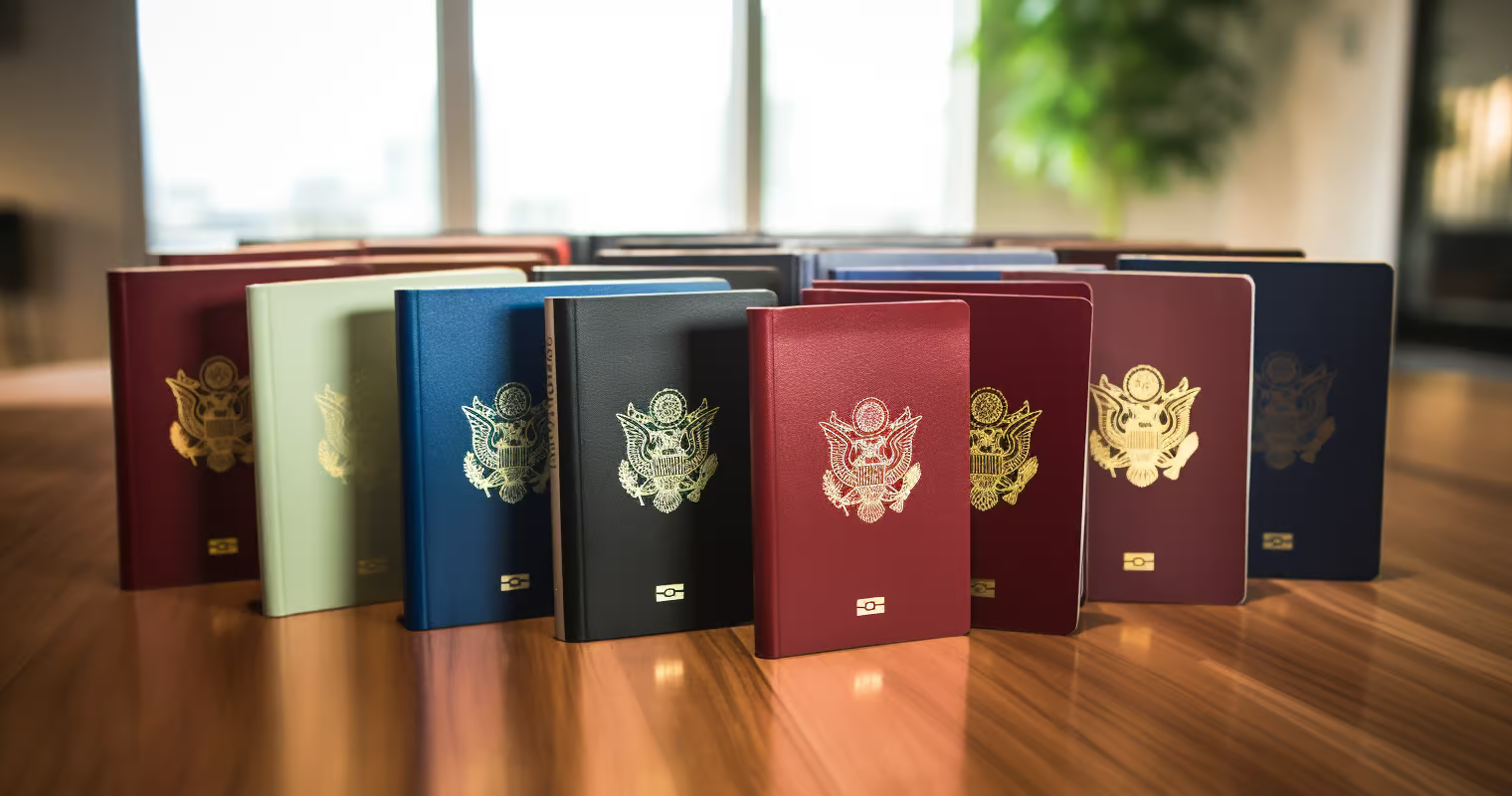In a significant move reflecting Oman’s evolving demographic landscape, Sultan Haitham Bin Tarik issued Royal Decree No. 50/2024 on October 27, 2024, granting Omani citizenship to 85 expatriates. This decision underscores the Sultanate’s commitment to integrating long-term residents into its societal fabric.
The Royal Decree and Its Implications
The decree marks a pivotal moment for the 85 individuals who have now transitioned from expatriates to Omani citizens. While the specific nationalities of these new citizens were not disclosed, the gesture highlights Oman’s inclusive approach towards its foreign residents. However, it’s essential to note that new citizens face certain restrictions, including limitations on spending extended periods outside the country during the initial ten years post-naturalization, unless they obtain special permission from the Ministry of Interior.
Eligibility and Application Process
For expatriates aspiring to acquire Omani citizenship, the process is both structured and stringent. Applicants are required to submit their applications to the Ministry of Interior, accompanied by a fee of 600 Omani riyals (approximately AED 5,726). Spouses or former spouses of Omani citizens are subject to a reduced fee of 300 riyals. Eligibility criteria include continuous residence and employment in Oman, a clean legal record, and the submission of a medical certificate confirming good health and the absence of communicable diseases.
Required Documentation

The application process necessitates a comprehensive set of documents, as outlined by the Ministry of Interior’s regulations. These include a valid passport with a visa, a personal identification card, a valid residency card, and, if applicable, a marriage certificate. Additionally, applicants must provide certificates of good conduct from both Oman and their home country, proof of income from their employer, and a declaration listing the names and documents of all underage children. Furthermore, applicants must furnish proof of their embassy’s permission to forfeit their original passport and a written declaration of intent to do so.
Post-Naturalization Obligations
Upon being granted citizenship, individuals are required to return to the Ministry to obtain an Omani passport and must maintain long-term residency within the Sultanate. Notably, new citizens are subject to restrictions on spending extended periods outside Oman during the first ten years following naturalization, unless they secure special permission from the Ministry of Interior. This stipulation ensures that new citizens remain integrated within Omani society during the initial decade of their citizenship.
A Broader Perspective
This recent decree is not an isolated event but part of a broader trend in Oman’s approach to citizenship. In a previous instance, Sultan Haitham Bin Tarik issued Royal Decree No. 2023/83, granting Omani citizenship to 201 expatriates who met all necessary conditions. These measures reflect the Sultanate’s recognition of the contributions made by expatriates and its willingness to integrate long-term residents into its national fabric.
Impact on Expatriates and Oman’s Society
For many expatriates, Oman’s decision to grant citizenship represents an opportunity for deeper integration into the country’s society. It offers a sense of stability and belonging, allowing long-term residents to build their futures in a land they have come to consider home. The move also serves as a gesture of appreciation towards expatriates who have dedicated years to Oman’s growth and development.
On the other hand, the selective nature of the naturalization process emphasizes the value Oman places on maintaining its cultural identity while embracing multiculturalism. While the process remains stringent, it signals a growing acceptance of expatriates as valuable contributors to the nation’s progress.
Economic and Social Ramifications
Granting citizenship to expatriates has economic implications as well. Naturalized citizens may now invest more significantly in property, businesses, and the nation’s economy. They also gain access to healthcare, education, and other government services that were previously exclusive to Omani nationals. This expanded access could lead to increased investment, further boosting the economy.
However, the decision also comes with challenges. There may be concerns about balancing the interests of naturalized citizens with those of native Omanis, especially regarding employment opportunities, social benefits, and cultural preservation. The government must navigate these dynamics carefully to maintain social harmony while embracing a more diverse citizenry.
A Model for the Region?
Oman’s measured yet inclusive approach to granting citizenship could set an example for other Gulf Cooperation Council (GCC) countries. In a region where expatriates constitute a significant portion of the population, integrating long-term residents through citizenship can enhance loyalty, social stability, and economic growth. The success of Oman’s approach may inspire neighboring nations to reconsider their policies towards expatriate communities.
Conclusion
Oman’s decision to grant citizenship to 85 expatriates signifies a progressive step towards embracing diversity and acknowledging the invaluable contributions of its expatriate community. As the Sultanate continues to evolve, such inclusive policies are likely to strengthen the nation’s social cohesion and economic prosperity. The journey from expatriate to citizen is undoubtedly complex, but for those who receive this privilege, it represents a new chapter filled with possibilities.



